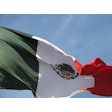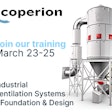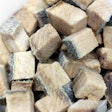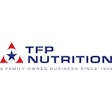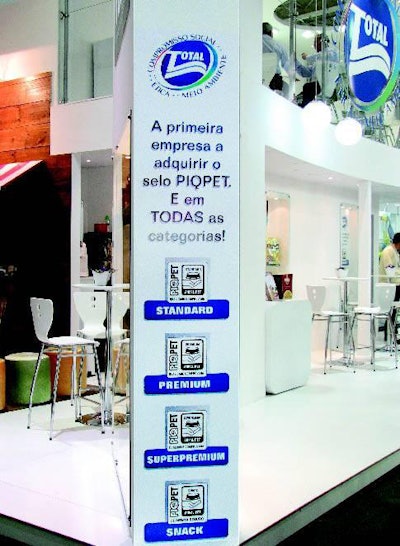
The continued growth of the global petfood industry has created great opportunity for producers and suppliers, especially in developing regions.
But some industry members worry that quality and safety can't always keep up as companies rush in to take advantage of increases in pet owners, incomes and petfood consumption-with a few companies cutting corners or taking unethical or even illegal actions to beat the competition. (The most egregious recent example is the Chinese suppliers who added melamine to wheat flour to pass it off as protein-rich wheat gluten, which caused last year's US recalls.)
One response to this type of activity is to increase regulation, which is happening in the US with the Food and Drug Administration Amendments Act of 2007. Many in the US industry are concerned about how such regulations might affect their businesses.
Self police?
Another response is for the industry to assertively and publicly police itself. That's the approach under way now in Brazil: In May, the petfood manufacturers association, ANFAL-PET , launched a new safety and quality certification program for Brazilian petfoods.
Called PIQPET-Programa Integrado de Qualidade Pet-the program offers a producer a seal to affix on its products to prove the company follows specific safety and quality protocols, as verified by third-party inspection. There's a different PIQPET seal for each of seven product categories. A 238-page manual describes the program's requirements, with checklists to help producers prepare for audits and inspections.
First in line
Total Alimentos SA, one of the largest petfood companies in Brazil and globally, claims to be the first to become certified under the PIQPET program. According to Total president Antônio Teixeira Miranda Neto (Miranda) and his technical director, Anderson Duarte (who serves on ANFAL-PET's technical committee), the main reason the association developed the program was to bring standardization and higher levels of quality, safety, nutrition and accurate labeling to the expanding Brazilian petfood industry.
"From 2005 to 2007, Brazil went from 46 petfood companies to 117!" Miranda says. He and Duarte contend that many of the new companies produce economy brands with low quality and inaccurate claims.
Proactive approach
Should the US, European Union and other developed regions follow Brazil's example? That could mean the respective petfood manufacturer association developing a similar program for its market; or the association or industry players in that market could choose an existing certification as the standard-perhaps the SQF Program in Europe or, in the US, AIB International's program , American Feed Industry Association's Safe Feed/Safe Food or National Animal Supplement Council's Quality Seal .
No certification program, no matter how rigorous or well-planned, can be completely immune to politics or cheating. But it's a start and a proactive approach to what will surely be an ongoing issue for the industry.

.png?auto=format%2Ccompress&fit=crop&h=167&q=70&w=250)
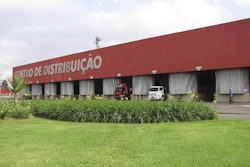
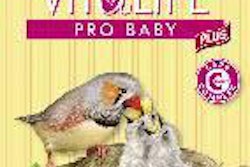
.png?auto=format%2Ccompress&fit=crop&h=167&q=70&w=250)




